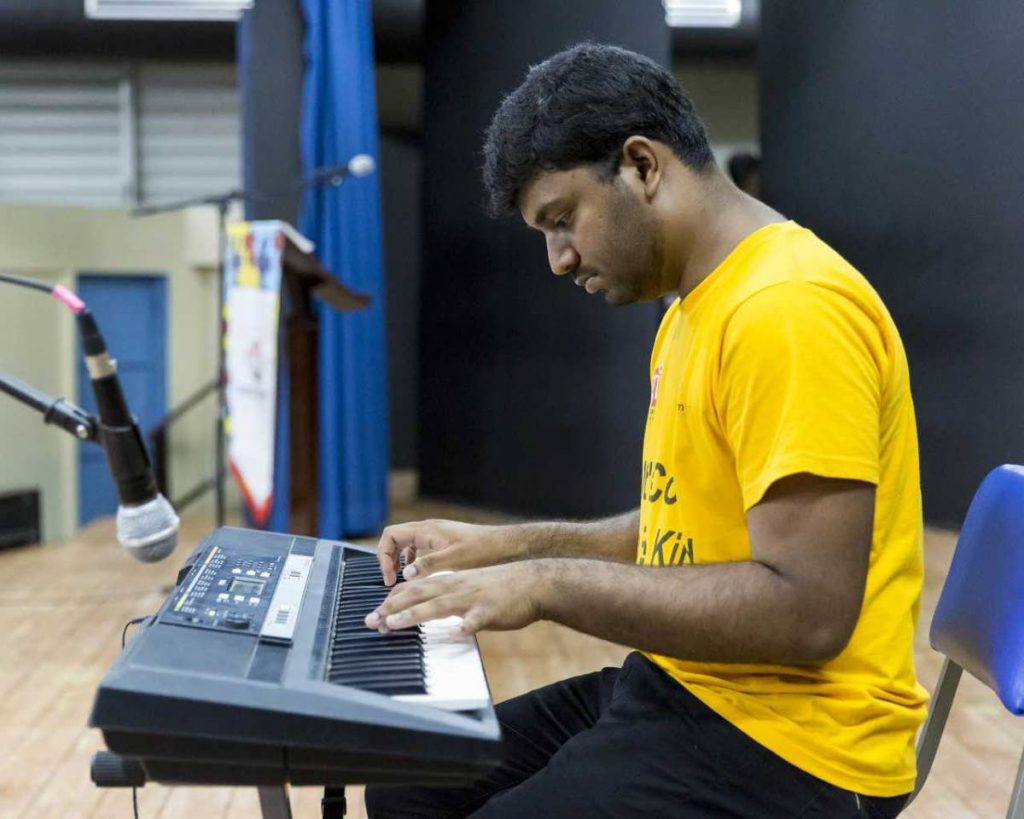Special needs policies in TT

DR RADICA MAHASE
A perfect scenario: Boy meets girl. Boy and girl fall in love and get married. A couple of years later they have a baby. Baby gets all the care in the public health care system – vaccines, regular visits to paediatricians, etc. When the child is about two-and-half-years old, at a regular check up at the health centre, a nurse picks up on the early signs of autism.
She realises that the child is not making eye contact, is not following simple instructions, does not interact with anyone except the parents and was only saying a few words. The parents are advised to visit the paediatrician, who specialises in development. They get an appointment within the month and the paediatrician confirms what the nurse was thinking – their child has autism.
Right there, within the public healthcare system, the child begins regular sessions of speech and occupational therapy and the parents receive counselling and training sessions to help them cope with bringing up a child with special needs. Their child attends a public early childhood care centre where she has a teacher’s aide to help her and an Individual Education Plan (IEP) where she is taught at her developmental age. As the child grows up, both the child and the parents get various forms of support from different government ministries.

This perfect scenario is possible when there are fixed policies in place to cater to the needs of individuals with autism and other special needs. It is definitely not present in our country right now. There are so many cases where nurses do not even recognise the early signs of autism and parents who think their child might be having developmental issues, have nowhere to turn to for help. If you want to diagnose your child within the public healthcare system you have to be prepared to wait for an average of 12-18 months to get an appointment at Mt Hope Hospital and at least five months to get one at San-Fernando General Hospital, if you cannot afford to pay anything between $1,000 to $5,500 to visit these doctors at their private practices.
A few years ago two positions for speech therapists were advertised at the San-Fernando General Hospital but the salary was too low for the qualifications needed so speech therapists did not want to work there. They knew they could make more money in private practices. Since then nothing has been done to secure speech therapists so children do not have access to speech therapy within the public healthcare system. Counselling services and training sessions are sporadic, if available at all.
The thing is the perfect scenario above is only possible when we have a structured system in place to cater to individuals with special needs. That structured system will only exist when we have an effective national policy on special needs. Last year, TT developed a revised National Policy on Persons with Disabilities which is meant “to create a social and physical environment which promotes inclusion, accessibility, integration and full participation of persons with disabilities.” In addition to this we have a National Education policy which includes special needs education.
When we look at these documents, in theory, we appear to be a very special-needs friendly nation. But the reality is these are just documents, just words written on paper sitting on someone’s desk somewhere, while so many children with special needs continue to be at home because the education system cannot cater to their needs; while parents have to pay exorbitant medical bills because our public healthcare system is ineffective; while therapists continue to charge ridiculously high fees because they know parents have no other options but to access their services for their children; while adults with special needs continue to be unemployed and some are even placed in St.Ann’s Hospital because there is nowhere else to accommodate them.
We spend so much time and money on meetings and consultations to develop these documents but unless they are actually implemented, unless we have fixed action plans in place and unless we have a strong sense of responsibility when it comes to providing for those with special needs, then these national policies might as well be non-existent. An effective national policy would mean that parents/caregivers do not feel like they are begging for support – until that happens, our policies are ineffective and the perfect scenario is impossible to achieve.
Dr. Radica Mahase is founder/director, Support Autism T&T


Comments
"Special needs policies in TT"